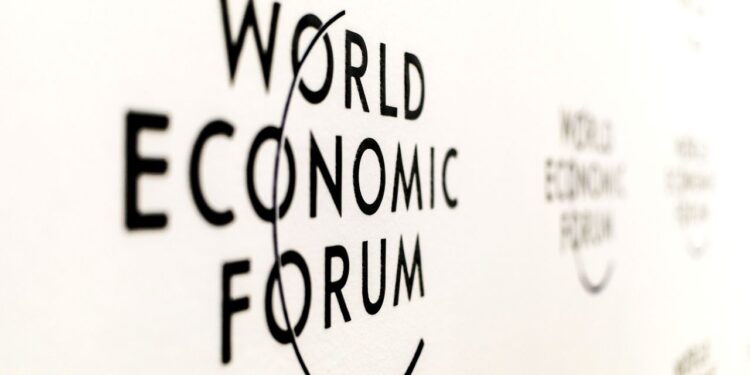The World Economic Forum’s initiative called the “Reskilling Revolution,” is aiming to reach over 600 million people by 2030.
As industries evolve with major advancements in artificial intelligence and as digital skills become more in demand, the WEF has laid out an updated roadmap for its efforts to better prepare workers for the impact that these trends will ultimately have in the coming years.
In a recent article published by WEF, the organization stated that it is working in collaboration with over 370 organizations amid a growing recognition of the urgent need for reskilling. 23% of global jobs are expected to change in the next five years due to industry transformation, and the initiative’s training focus extends beyond digital skills like AI, big data, and programming.
According to the report, “over half of Reskilling revolution efforts additionally place great weight on preparing workers for green jobs.”
The WEF states that this large-scale effort is supported by over 70 CEOs and a network of 34 ministers from 17 countries, including Bangladesh, Brazil, Turkey, Pakistan, Vietnam, and Qatar.
New business commitments that will be collaborating with WEF were shared in the roadmap, including a commitment from IBM, which is steadfast to provide training for underrepresented communities in ai skills.
Most notably, AI skills training is a major focus for the world. According to WEF’s The Future of Jobs Report 2023, 43% of work tasks could be automated by 2027 — highlighting the sheer urgency of investing in the workforce. It also cited research done in collaboration with PwC, which further suggests that reskilling the global workforce could boost GDP by $6.5 trillion by 2030, with an additional $2.54 trillion from investing in future-ready education for today’s children.
The roadmap for 2024-2025 includes speeding up global reskilling efforts, leveraging AI-enhanced learning models, and maintaining a geographic focus through country accelerators. The initiative also identifies “Lighthouses” — public-private collaborations in education and skills.
As this initiative enters the new year, it’s clear that these kinds of global programs are not just a workforce trend. Reskilling/upskilling are seen as necessary initiatives for preparing the global workforce for a whole new array of challenges and innovations on the horizon.
















